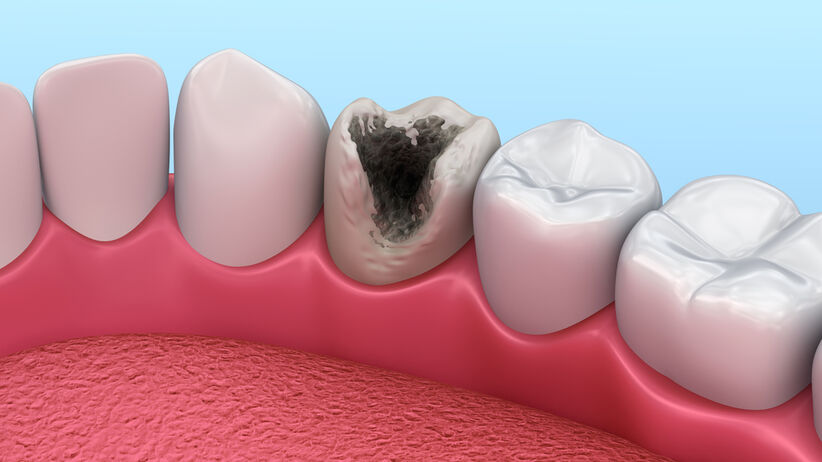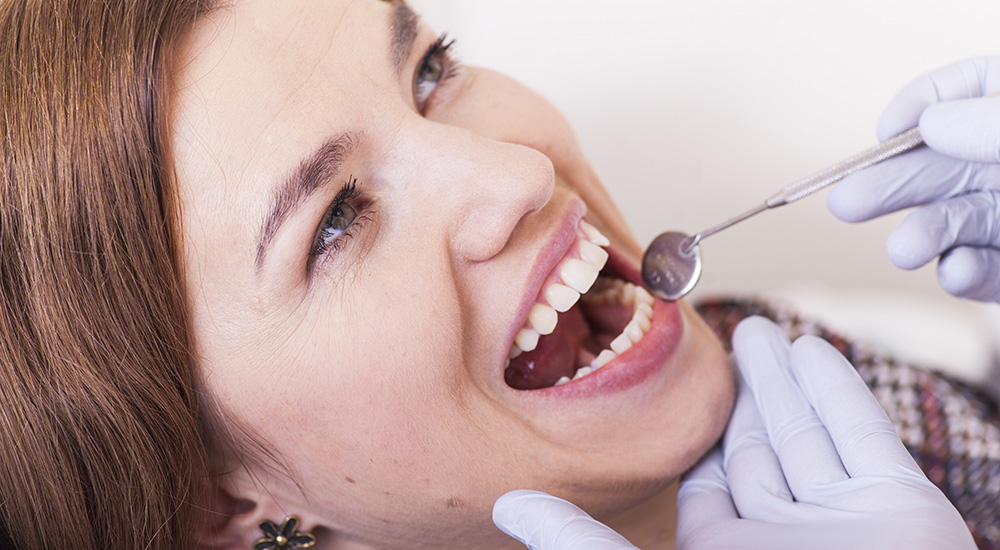
The Unseen Dangers: How Untreated Caries Can Lead to Tooth Extraction
Understanding the progression of untreated caries
Caries, also known as tooth decay, occur when bacteria in your mouth produce acids that attack the enamel of your teeth. If left untreated, the decay can reach the inner layers of the tooth, causing pain, infection, and ultimately the need for extraction. Understanding the progression of untreated caries is crucial to preventing the loss of a tooth.
At the onset of caries, the decay is limited to the outermost layer of the tooth, the enamel. This stage is often asymptomatic, meaning there are no symptoms present. As the decay progresses, it begins to affect the dentin, the layer beneath the enamel. At this stage, you may notice sensitivity to hot, cold, or sweet foods and drinks. If the decay continues to progress, it can reach the pulp, which contains the nerves and blood vessels of the tooth. At this stage, you may experience severe pain, swelling, and infection.
Do you dream of a new, beautiful smile? A perfect solution will be the reconstruction of teeth with the use of the Poznan prosthesis service. Qualified specialists from the Stankowscy-Białach dental clinic will do it for you!
Signs and symptoms of advanced tooth decay
As mentioned earlier, caries can progress to a point where it causes significant damage to the tooth and surrounding tissues. Some of the signs and symptoms of advanced tooth decay include:
- Severe toothache
- Swelling in the gums or face
- Pus discharge from the affected tooth
- Fever
- Bad breath
- Difficulty opening your mouth
- Difficulty chewing or biting
- Visible holes or pits in the teeth
If you experience any of these symptoms, it’s important to seek dental care immediately. Delaying treatment can lead to the decay spreading to neighboring teeth, affecting your overall oral health.
The link between untreated caries and tooth extraction
When caries are left untreated, they can lead to the need for tooth extraction. Extraction is often necessary when the decay has progressed to a point where it has caused irreparable damage to the tooth and surrounding tissues. Additionally, extraction may be necessary if the decay has caused an abscess, a pocket of pus that forms around the tooth.
Tooth extraction can have significant implications on your oral health, affecting your ability to chew, speak, and smile. Additionally, the loss of a tooth can lead to bone loss in the jaw and shifting of the remaining teeth.
The importance of early detection and treatment
Early detection and treatment of caries are crucial to preventing the need for extraction. Regular dental visits can help catch caries in their early stages, when they are easier to treat. Your dentist can perform a visual examination, take X-rays, and recommend treatment options based on the severity of your decay.
If caries are detected early, they can often be treated with a simple filling. However, if left untreated, the decay can progress to a point where more invasive treatments such as root canals or extractions are necessary.
Preventive measures to avoid tooth extraction
Preventing the need for tooth extraction starts with good oral hygiene practices. Brushing twice a day with fluoride toothpaste, flossing daily, and using mouthwash can help remove plaque and bacteria from your teeth and gums. Additionally, incorporating a healthy diet low in sugar and high in fiber can help reduce your risk of tooth decay.
Regular dental visits can also help prevent the need for extraction. Your dentist can perform regular cleanings, identify early signs of decay, and recommend treatments to prevent further damage.
Are you struggling with oral problems? Are you wondering whether tooth extraction will be necessary? Contact the Stankowscy-Białach dental clinic!
Professional dental treatments for caries
If you have caries, your dentist may recommend professional treatments to prevent the need for extraction. Some of these treatments may include:
- Fluoride treatments: Applied to the teeth to help strengthen the enamel and prevent decay.
- Fillings: Used to fill and seal cavities to prevent further damage.
- Root canals: Used to remove infected or damaged tissue from the tooth and preserve the remaining tooth structure.
- Crowns: Used to restore the shape and function of a decayed or damaged tooth.
Your dentist will recommend the best treatment option based on the severity and location of your caries.
Home remedies and oral hygiene practices for caries prevention
In addition to professional treatments, there are also home remedies and oral hygiene practices that can help prevent caries. Some of these include:
- Oil pulling: Swishing coconut oil in your mouth for 20 minutes can help reduce the amount of bacteria in your mouth.
- Xylitol: Chewing gum or mints containing xylitol can help reduce the amount of bacteria in your mouth.
- Saltwater rinse: Rinsing your mouth with a saltwater solution can help reduce inflammation and kill bacteria.
It’s important to note that while these remedies may be helpful in preventing caries, they should not replace professional dental care.
The role of diet in preventing tooth decay
The foods and drinks you consume can have a significant impact on your oral health. A diet high in sugar and carbohydrates can increase your risk of tooth decay. Sugars and carbohydrates are broken down by bacteria in your mouth, producing acids that attack the enamel of your teeth.
Incorporating a diet high in fiber, calcium, and vitamins can help strengthen your teeth and reduce your risk of decay. Additionally, drinking water can help wash away food particles and bacteria from your teeth and gums.
Conclusion: Taking proactive steps to protect your oral health
Untreated caries can lead to the need for tooth extraction, causing significant implications for your oral health. It’s important to take proactive steps to protect your teeth and gums, including regular dental visits, good oral hygiene practices, and a healthy diet. If you suspect you have caries, seek dental care immediately to prevent further damage. Remember, prevention is key to maintaining a healthy, beautiful smile.

